Preterm Brain-Oxygenation and Metabolic Eu-Sensing: Feed the brain

The PROMETEUS project, coordinated by the University of Padova and funded by the European Innovation Council with almost 4 million Euros, aims at introducing a new-paradigm for personalized nutrition of prematurely born neonates, in the neonatal intensive care unit (NICU).
Over four years, a multidisciplinary research team comprising physicists, engineers, psychologists, physicians and programmers will work on developing a groundbreaking technology for real-time adjustment of glucose and nutrients intakes to target neonatal brain needs. Indeed, the brain of a baby born prematurely is highly susceptible to early injuries that, in turn, increase the risk for neuro-developmental disability. Provision of adequate nutrients and oxygen is essential for proper brain development and growth.
In the absence of a continuous cot-side monitoring, current nutritional strategies are unable to follow real-time brain necessities, and are mainly driven by pre-specified and non personalised nutritional charts. As a consequence, sudden changes of brain fuel-requirements cannot be promptly addressed by real-time adjustment of glucose and nutrients provision.
–
PROMETEUS will develop a metabolic model of the interaction between brain fuels and their effect on cerebral blood flow, oxygenation and metabolism. The model will serve to individualize brain nutrition, targeting “brain health” according to the inputs derived from two novel metabolic sensing systems:
- a non-invasive wearable cap, based on “diffuse optics” techniques and able to measure real-time values of cerebral blood flow, oxygenation and metabolism;
- a minimally-invasive subcutaneous miniaturized metabolic sensor for a continuous monitoring of the key brain fuels.
–
PROMETEUS will be paralleled by a parent-dedicated interface, exploiting a purposely developed family adjusted visual language, that will inform parents of preterm babies during their NICU admission and stay. PROMETEUS will dramatically reduce the risk for prematurity-associated disability in Europe and worldwide, with a consequent incalculable ethical, social and economic impact.

“The Prometeus project will lead to a significant reduction in the number of premature babies developing cognitive, motor, or sensory deficits over the years. The Prometeus project will open the door to a new digital era of neonatal intensive care management.”
Sabrina Brigadoi, Project Coordinator, University of Padova.
In the framework of the PROMETEUS project, PIONIRS will provide its Time-Domain NIRS technology, to allow for a continuative quantification of oxygen concentration in the brain. A custom hardware prototype will be developed and tailored to the PROMETEUS needs, while a dedicated optical interface with the wearable cap will allow for multi-point mapping in real-time. Recorded data will be shared to the PROMETEUS platform for analysis, integration with other sources of information and creation of the customized nutrition plan for the baby.
The project started in February 2023, with a 4-years expected duration.
Stay updated on last outcomes, results and achievements through the official PROMETEUS project website:
PROMETEUS project partners:
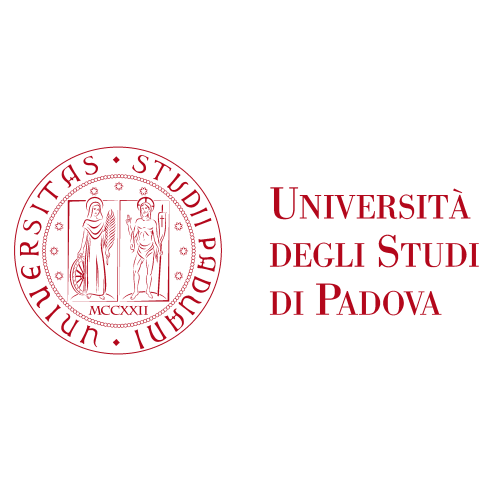

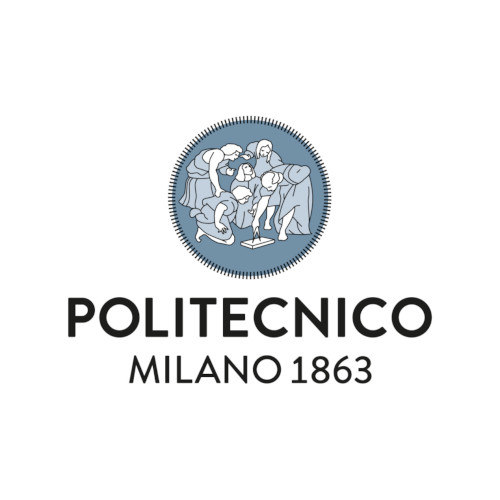
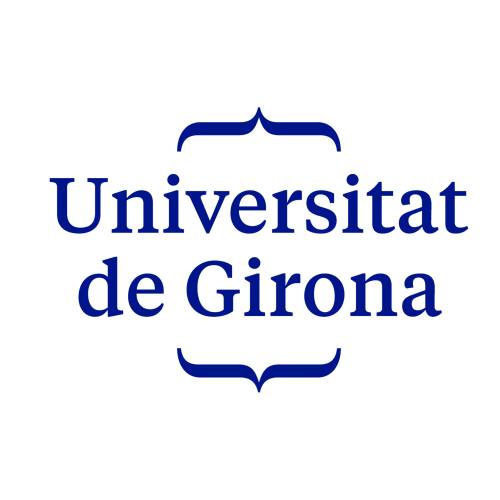
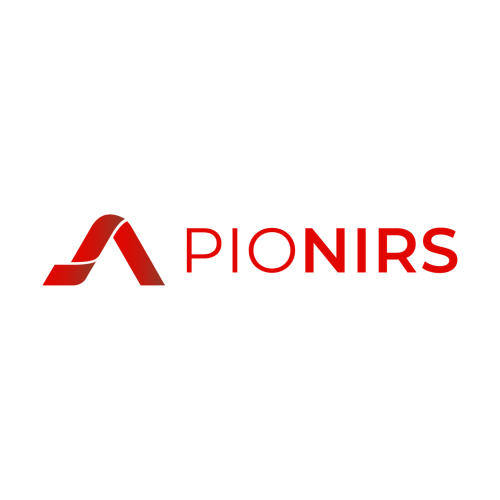


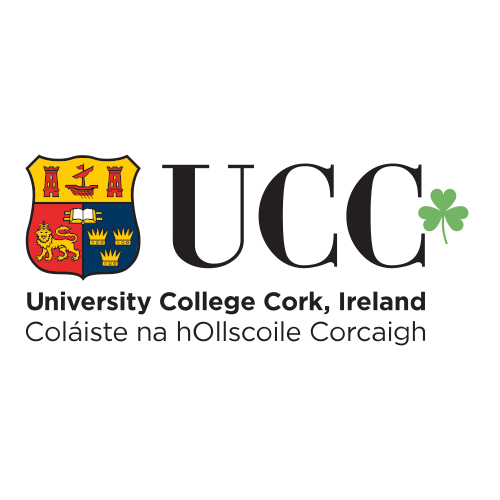



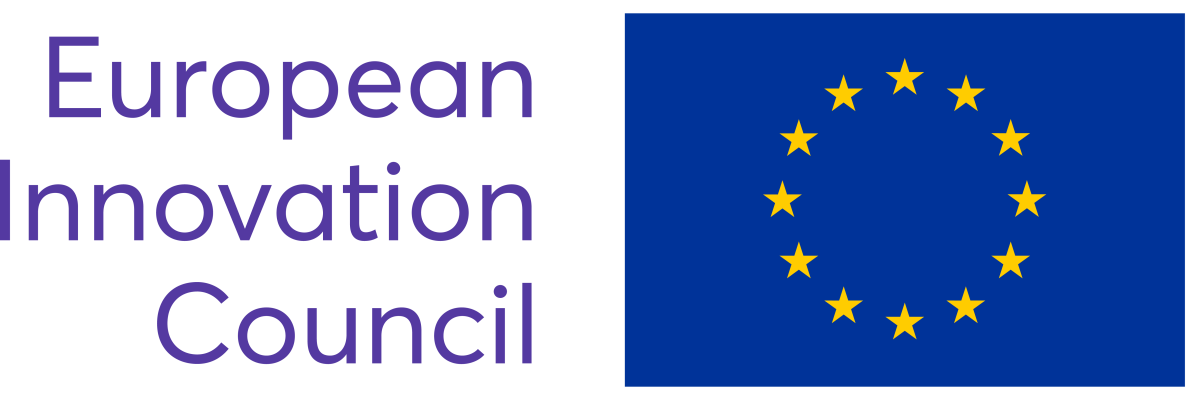
This project has received funding from the
European Union’s Horizon 2020 research and innovation programme
under grant agreement No 101099093.
